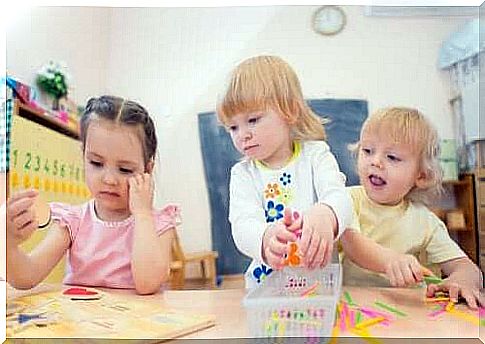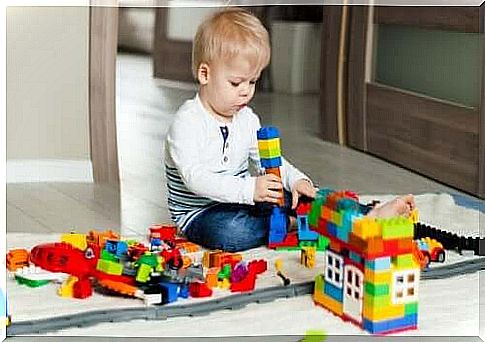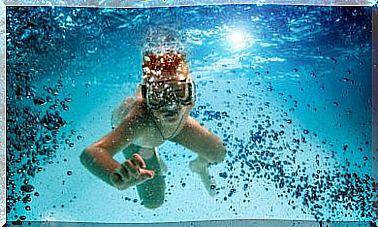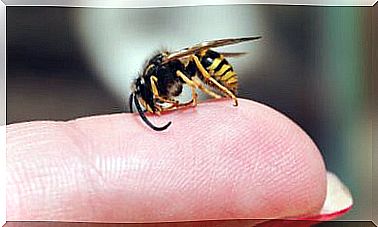The Development Of Attention In Children – I’m A Mom

Attention is a fundamental skill for cognitive processing. It is important to acquire this ability to be able to learn other things normally. For this reason, we have prepared the following article, on the development of attention in children.
Thus, attention can be considered a complex mental process, essential for the good development of children. Furthermore, this skill determines the behavior of the little ones. In fact, presenting attention difficulties implies the emergence of several problems, both in childhood and adulthood.
The importance of developing attention in children
According to psychologists José A. Periáñez Morales and Marcos Ríos Lago, attention can be defined as the mental capacity to generate and maintain a state of activation that allows information that arrives through the senses to be processed.
Thus, this ability is needed to select stimuli from multiple available sources, which include:
- Internal stimuli: physical sensations, mental processes, etc.
- External stimuli: sounds, images, etc.
- The memory.
- The thoughts.
- Motor actions.

Therefore, attention is to filter out unwanted information and focus only on what is relevant. Thus, for any cognitive process to be carried out, attention mechanisms must act. That is, a certain degree of selection of all stimuli that access the nervous system is necessary.
In short, it can be said that it is a complex process that has two functions:
- Facilitate information processing.
- Select the stimuli needed to carry out different sensory, cognitive or motor activities.
Types of attention
According to Sohlberg and Mateer’s clinical model of attention, the types of attention can be divided into six, which are hierarchically related, since each level of attention requires the correct functioning of the previous one.
Therefore, the development of attention in children is carried out gradually. So, little by little, each of the following levels of attention are acquired:
- Excitement. It’s physiological activation. That is, the ability to be awake and stay alert. It implies the ability to follow stimuli or orders.
- Focused attention. It is the ability to focus attention on a visual, auditory or tactile stimulus.
- Constant attention. It’s the ability to stay focused for a long period of time.
- Selective attention. It refers to the ability to select relevant information so that attention to some stimuli is inhibited while others are attended to.
- Alternate attention. It is the skill that allows shifting the focus of attention between various tasks that involve the use of different cognitive processes.
- Divided attention. It refers to the ability to handle two things at the same time.
The development of attention in children
first months of life
In children, attention appears from the first months of life and progresses through maturational development. Thus, babies are able to focus on tasks that are attractive to them, but they lose interest very easily and quickly.
Therefore, babies can only maintain attention for a few minutes. In fact, they lack the ability to analyze situations and control attention.
children’s stage
In the infant phase, voluntary attention is developed. During this entire period, children learn to control their concentration and maintain it longer.

Still, they continue to lose attention when they see new or flashy objects, so they can’t spend more than 20 minutes doing the same task.
From 5 years of age
From the age of five, children learn when and how to use attention. Therefore, the concentration becomes more stable. At this stage, they also acquire the ability to analyze situations and decide to pay more or less attention depending on their interest in the topic or activity.
Therefore, internal processes play a very important role, as they are the ones that direct attention and ensure that it is maintained for a maximum of 50 minutes.









